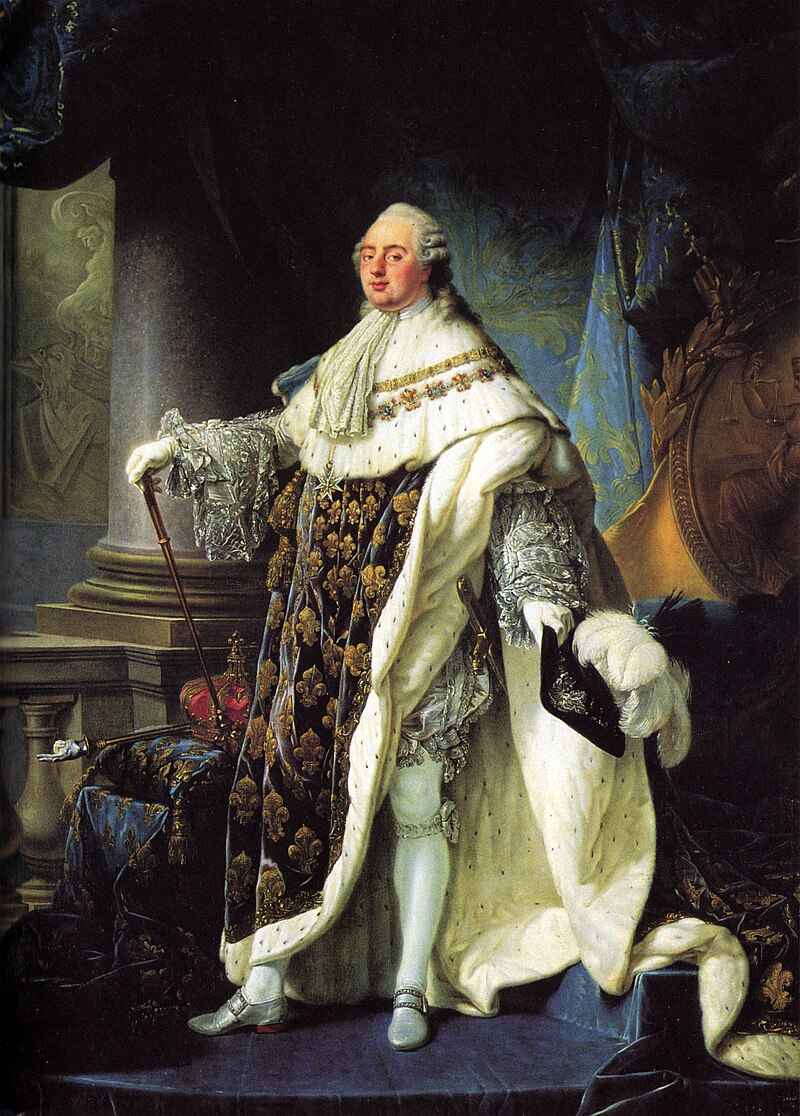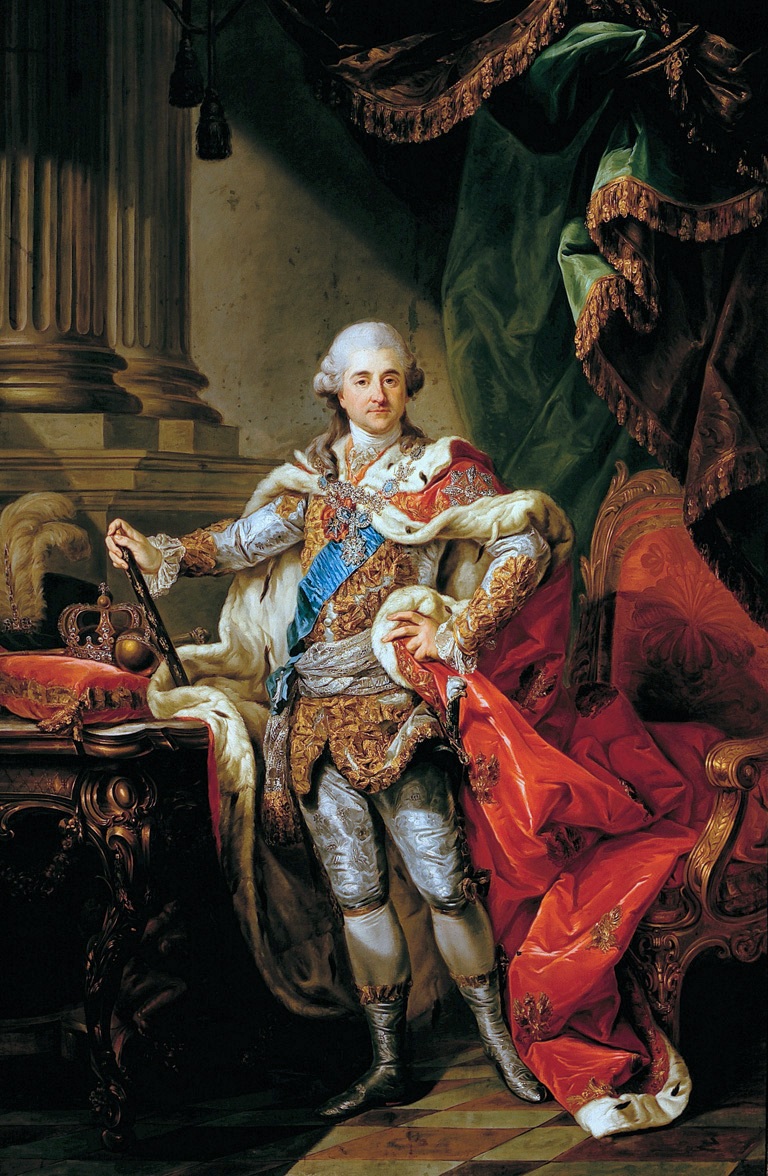WHICH OF THE RULERS HAD A KINGDOM… ?
There was a custom in the middle ages, and even later, that rulers were given some nicknames based on or on their physical characteristics, or the qualities of character or the works done. History of Poland, German, France is swarming with the rulers of the Beautiful, Bold ones, Łysy or Kędzierzawych. There are Great kings, like Charles, king of the Franks, Polish Kazimierz or Hungarian Ludwik. An attempt was made to combine the nicknames given here, that they refer to only one ruler.
1. Short
2. Exile
3. Fowler
4. Reviver
5. No Earth
6. Embroidery
7. Dangerous
8. Sailor
9. Old
10. The magnificent (Magnificent)
Answers:
1. Pepin the Short, also called Little, he was the son of Karol Młot, winners from Poitiers. He succeeded him in the office of majordomo. He united the Frankish state. W 751 R. The Franks chose him as the last Merovingian, who was locked up in a monastery. Pepin waged victorious wars with the Lombards, Sasami i Saracenami.
2. Władysław II the Exile, prince of Kraków and Silesia, he was the eldest son of Krzywousty. After Bolesław's death, St. 1138 R. his statute on the partition of the country was put into effect. From the very first moment there were disagreements between the brothers. The young people tried to throw off the seniority. The defeated Władysław had to leave the country and seek refuge in Germany.
3. Henryk Ptasznik (919—936) he was the first German king from the Saxon dynasty. He restored the unity of the state, forcing other princes to recognize their sovereignty. According to the stories of later chroniclers, when the deputies came to notify Henry of the election, they found him in the meadow, when setting bird traps.
4. Casimir the Restorer. son of Mieszko II. he was exiled after his father died. W 1039 R. he returned to Poland, took over Wielkopolska and Kraków, he broke Masław's advantage in Mazovia and regained Silesia. He did not manage to free himself from political dependence on the Empire, but he restored the country's unity, strongly shaken during civil wars.
5. John Without Earth (1199—1216), king of english, he was so jokingly named by his father, who, before John was born, had managed to divide the land among his eldest sons. Jan conspired against his brother Richard the Lionheart, when he took part in the crusade. He turned out to be an inept and heavy ruler for his subjects, hated because of extortion and lawlessness.
6. Henryk the Bearded (1201—1238), Duke of Wrocław, he was the most powerful of the Silesian princes. He united under his rule a large part of the Polish lands. At the behest of his wife, devoted to asceticism, Hedwig, against the customs of chivalry, he grew a beard in the image of a monk. He and his wife vowed cleanliness in their old age. From then on, the Duchess would enter her husband's room, always surrounded by a manor house.
7. Ivan IV the Terrible (1534—1584) he was the first Grand Duke of Moscow, who took the title of Tsar of Rus. Suspicious and violent, he was the terror of his subjects, especially boyars, whom he treated with particular cruelty. He captured Kazan and Astrakhan and began the conquest of Siberia. He brought foreign scholars to the country, artists and craftsmen, mainly from Germany.
8. Henry the Navigator was the youngest son of King John I of Portugal. He founded the first Portuguese astronomical observatory. He tried to educate brave sailors, not afraid of long journeys. Starting of 1420 R. he sent ships to survey the coasts of Africa. Madeira was discovered on his initiative, Cape Blanc, Cape Verde, Azores.
9. Zygmunt the Old, fifth son of Kazimierz Jagiellończyk, reigned since 1506 do 1548 R. It was called the Old One not because of its decrepit age, because he had 39 years at the time of assuming the throne, but to distinguish it from the young king, Zygmunt August, crowned during his father's lifetime. We call the Sigismund times the golden age of Polish culture.
10. Lorenzo the Magnificent (Lawrence the Magnificent) he was a representative of the Medici banker family, which in the 15th century. took over Florence. Brought up extremely carefully, an outstanding poet and orator himself, made Florence the capital of scholars and artists. It is a period of great development of humanism and a flourishing of Florentine art.






